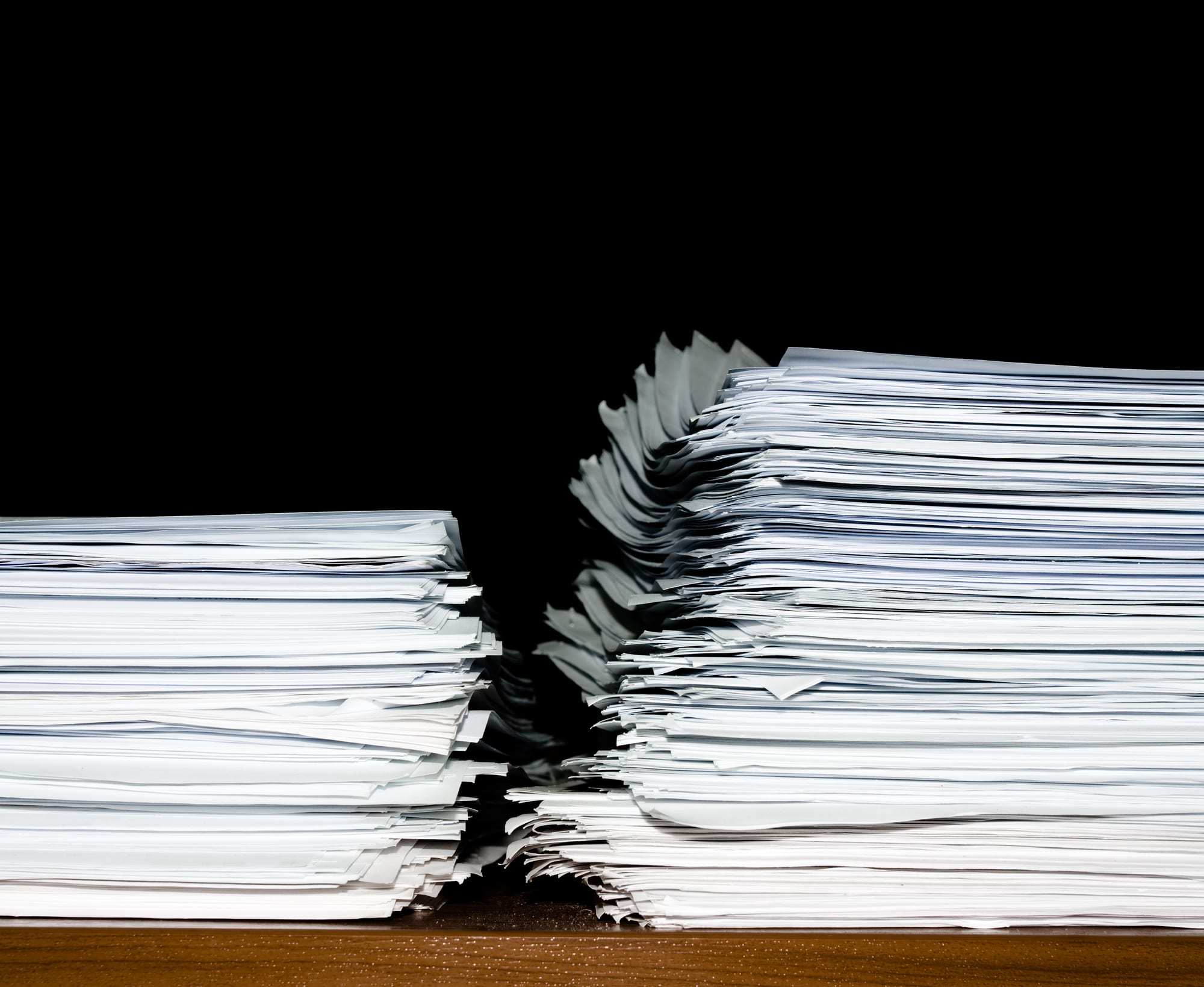Once a lawsuit is filed following a serious injury in a motor vehicle collision, both parties are required to exchange all of the evidence that they have during the discovery process. However, some defendants may try to destroy, alter, or hide evidence that is unfavorable to them in order to place themselves in a better position in the claims against them. Spoliation of evidence in vehicle collisions can give rise to an adverse inference against the spoliating party. If a court finds that a party spoliated evidence, it can make the party admit that the evidence would have been unfavorable to him or her at trial. The attorneys at the Law Offices of Bryan Musgrave work to preserve important evidence so that it cannot be destroyed or altered.
What Is Spoliation of Evidence in Vehicle Collisions?
Spoliation of evidence in vehicle collisions occurs when a party intentionally destroys or alters evidence, according to State ex. rel. Zobel v. Burrell, 167 S.W.3d. 688,691 (Mo. banc 2005). In a car accident case, spoliation may refer to any intentional actions that a party takes to destroy or alter an important piece of evidence. For example, if you are struck by a motorist who you believe was texting on his or her cell phone in the moments leading up to the collision, the motorist should produce the cell phone for inspection during discovery. If the motorist instead destroys the phone or permanently deletes his or her text messages to prevent you from securing the evidence, it could be an example of spoliation of evidence in vehicle collisions.
How Spoliation of Evidence Is Handled in Missouri
When a plaintiff in a car collision case believes that a defendant has intentionally destroyed or altered evidence, the plaintiff’s attorney can file a motion for sanctions under Missouri’s spoliation doctrine. The court can then hold a hearing on whether spoliation occurred. According to the court in Degraffenreid v. H.L. Hannah Trucking Co., 80 S.W.3d. 866 (2002), the plaintiff will have the burden of proof to present a prima facie case of the intent of the spoliator. If the court finds that the defendant spoliated the evidence, the court can grant relief in the form of an adverse inference against the spoliating party.
The adverse evidentiary inference means that the spoliating party will have to admit that the evidence that was spoliated would have been adverse to its position. This means that the spoliator will have to admit what the evidence would have shown if it had not been destroyed or altered.
What Is the Effect of a Finding of Spoliation?
If the court grants the adverse evidentiary inference, the defendant will be forced to admit what the evidence that he or she destroyed or altered would have shown. The effect of a defendant admitting that he or she destroyed evidence that was unfavorable to him or her is likely to place his or her position in a similarly unfavorable light. It does not necessarily mean that the plaintiff will win his or her case, however. The jury will still need to determine whether the plaintiff has proven his or her case against the defendant by a preponderance of the evidence.
Preventing Spoliation
Plaintiffs’ attorneys can attempt to prevent spoliation of evidence by filing motions to preserve evidence. The courts can issue orders that direct the defendants to preserve important pieces of evidence so that they can be inspected.
If you have been seriously injured in a collision with another motorist through no fault of your own, seek legal help as soon as possible. This might help your lawyer secure evidence before it can be destroyed or altered. Call the Law Offices of Bryan Musgrave today at 417-322-2222 to schedule a free consultation or contact us online.

